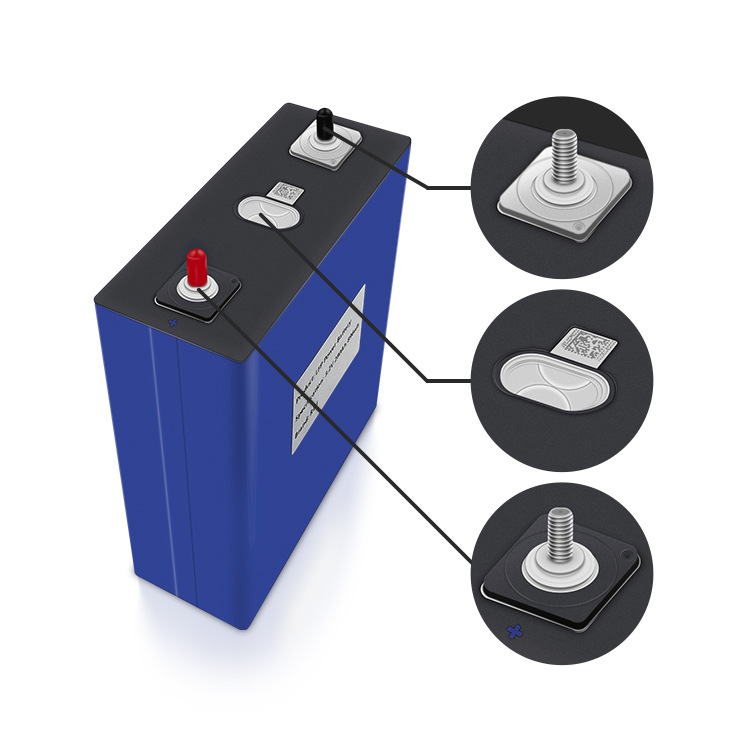Lithium Iron Phosphate Battery, also known as LiFePO4 battery, is a type of lithium-ion battery. It uses lithium iron phosphate as the positive electrode material, carbon material as the negative electrode material to nest lithium ions, and the electrolyte uses an organic solution or an inorganic solution. Lithium iron phosphate batteries have the characteristics of high energy density, long cycle life, high discharge platform, high safety, small self-discharge rate and wide temperature operating range. First, lithium iron phosphate batteries have high energy density. Energy density refers to the ratio between the energy stored in a battery and the mass of the battery. The energy density of lithium iron phosphate batteries is relatively high, which means that it can store more electrical energy in a smaller volume. Therefore, lithium iron phosphate batteries are very useful in applications that require high energy density, such as electric vehicles and energy storage systems. Secondly, lithium iron phosphate batteries have a long cycle life. Cycle life refers to how many charge and discharge cycles a battery can withstand without significant performance degradation. Compared with other types of lithium-ion batteries, lithium iron phosphate batteries have a longer cycle life and can undergo more charge and discharge cycles, extending the service life of the battery. In addition, lithium iron phosphate batteries have a high discharge platform. The discharge platform refers to the interval in which the battery maintains a relatively stable voltage output during the discharge process. Lithium iron phosphate batteries have a higher discharge plateau, which means the battery can provide a more stable output power over a period of time, making it useful in applications that require consistent energy output. In addition, lithium iron phosphate batteries have high safety. The cathode material of lithium iron phosphate batteries has good thermal stability and resistance to overheating, which can effectively reduce the risk of thermal runaway and safety issues in the battery. This makes lithium iron phosphate batteries perform well in some special environments, such as high temperature environments or situations requiring high safety. In addition, lithium iron phosphate batteries have a smaller self-discharge rate. Self-discharge rate refers to the amount of charge a battery loses on its own when not used for an extended period of time. Lithium iron phosphate batteries have a relatively low self-discharge rate and can maintain a high state of charge even when not used for a long time, reducing the need for frequent charging and improving the convenience of the system. Finally, lithium iron phosphate batteries have a wide temperature operating range. Lithium iron phosphate batteries can operate normally in a wide temperature range, from extreme low temperatures to higher temperatures. This makes the application of lithium iron phosphate batteries more flexible in various environmental conditions. In general, lithium iron phosphate batteries have the characteristics of high energy density, long cycle life, high discharge platform, high safety, small self-discharge rate and wide temperature operating range. Although it also has some shortcomings, such as low specific energy, relatively high cost and large volume, these problems have been improved to a large extent with the continuous advancement of technology and improvement of processes. Lithium iron phosphate batteries have broad application prospects in electric vehicles, energy storage systems, solar and wind energy storage and other fields.
Post time: Oct-04-2023
